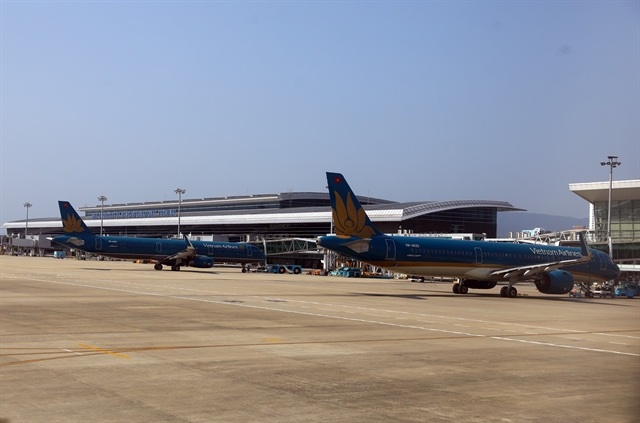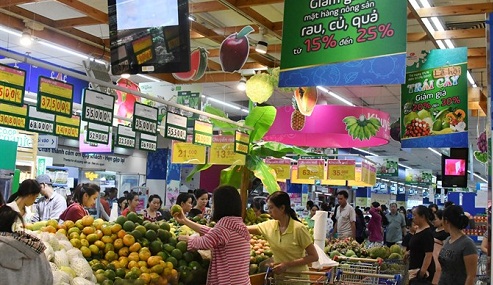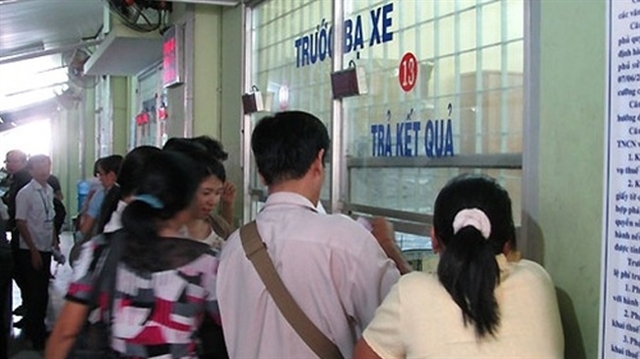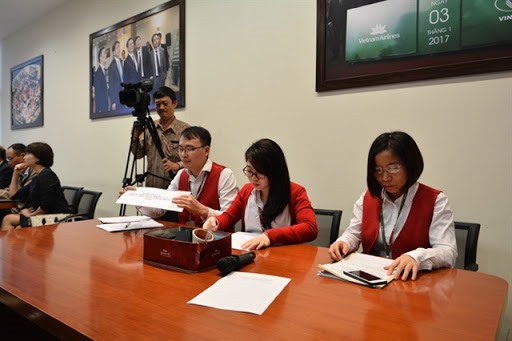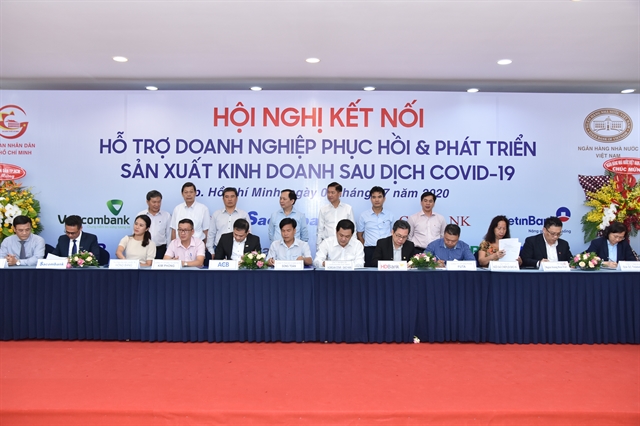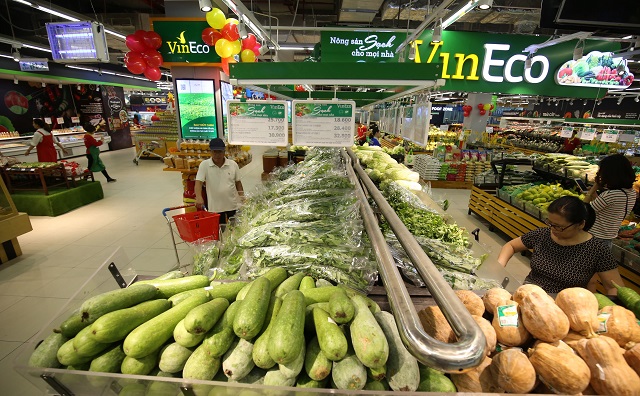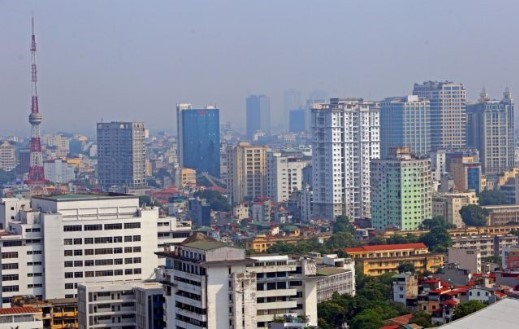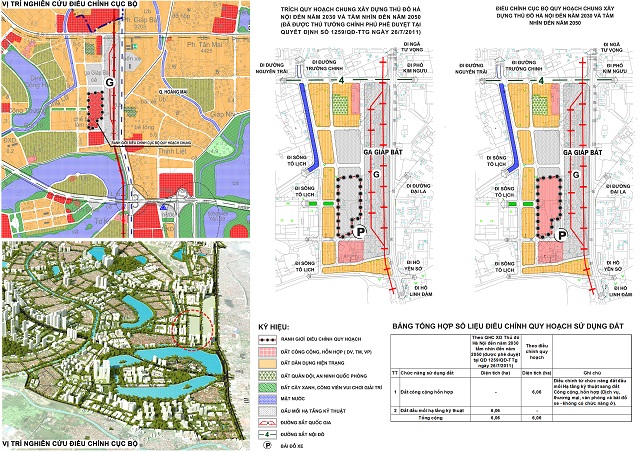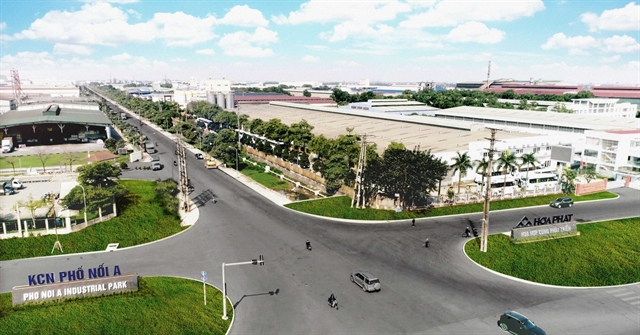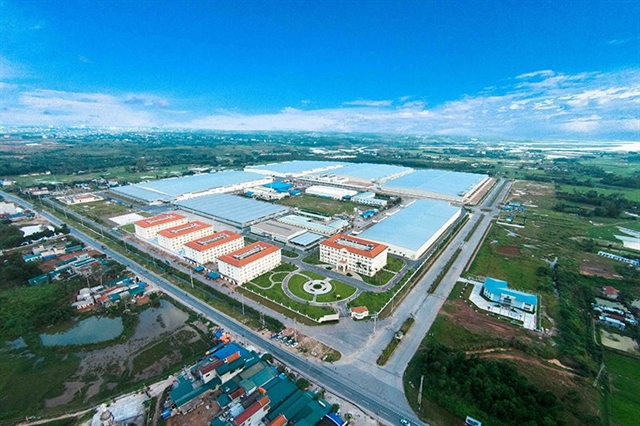
HÀ NỘI — Anti-transfer pricing measures were included in the Law on Tax Administration for the first time, but a guiding decree has not yet been written. Experts said this could mean the rules are less effective.
A few months before the tax administration law took effect on July 1, the General Department of Taxation (GDT) investigated two foreign giants, namely as Coca-Cola and Heineken, in cases of transfer pricing.
Coca-Cola Vietnam was fined VNĐ821 billion (US$35.5 million), while Heineken Vietnam was fined over VNĐ916 billion for tax violations.
According to many experts, the loss of revenue from FDI inflows has meant management officials need a stronger law to combat price transfer.
Tax expert Chung Thành Tiến, director of Đông Hưng Accounting Service Limited Company, praised the law, saying tax administration principles have followed international practices and include administrative procedure reform and the application of information technology.
Tiến told nld.vn that: "I appreciate the principle of determining tax based on the operation and the transactions of the company, not only on paper which could be fraudulent in many cases."
The current law for the first time stipulates the principles of declaration and determination of calculating prices for associated transactions as follows: declaration, determination of transaction price is based on the principle of analysis, compared with independent transactions and the principle of the nature of the operation, the transaction of determining the tax obligations needs to be paid as in the condition of transactions between independent parties.
It also regulated that the prices of linking transactions were adjusted in accordance with the independent transactions to declare and determine the amount of payable tax in accordance with the principle of not reducing taxable income.
With the above provisions, Tiến assessed that the law “is quite comprehensive, detailed and clear, with capable contents to limit tax fraud from related transactions as well as many forms of transfer pricing.”
However, he said it has been a year since the tax administration law was passed, while no decree guiding the implementation of the law has been enacted, adding: “It could slow the effectiveness of the implementation."
Tiến said that there are still not enough conditions to promote the law effectively, saying though the linking transactions were controlled in the law of tax administration, there was no content defining the basis for determining the associated transactions in the Law on Corporate Income Tax, which was a basis for calculating the income of the enterprise.
He said: “It is necessary to synchronise laws to better support the Law on Tax Administration.”
Also, the expert said the issue of "determining the case by the nature of the activity" was new and required qualified tax officials to identify without being dependent on documents provided by the companies.
Tiến considered the majority of local tax officials were incapable of doing it and suggested the tax agency train and upgrade their staff.
Lê Minh Nam, director of the Audit Training School under the State Audit Office of Việt Nam (SAV), said; “Transfer pricing was increasingly sophisticated now.”
Besides the tax authorities, the SAV must also conduct direct audits at many companies including foreign-invested ones to discover any potential fraudulent cases and transfer pricing.
Nam said: “The inspection will be based on the identification of interrelated activities containing risks of transfer pricing in which we will collect evidence on suspicious signs of the companies.”
Nam added: “It is also necessary to detect inadequacies and gaps in policies and laws on FDI attraction and associated activities to avoid transfer pricing.”
Other experts said there should be severe sanctions for transfer pricing in Việt Nam, taking examples from other countries such as Australia where the fine for the transfer pricing was 50 per cent of the avoided tax amount or in India where the local tax authorities may impose penalties of up to 300 per cent of the difference in the tax wrongly calculated by the companies.
Mentioning the new law, a representative of GDT said they will continue to strengthen the database for tax administration, promote coordination and information exchange with other ministries and sectors, especially the Ministry of Public Security.
At the same time, he added they will strengthen international cooperation in the field of taxation.
According to GDT, it handled more than VNĐ11 trillion from anti-transfer pricing since 2017, adding that many violations were found though the inspection of associated transactions. — VNS
.jpg)


